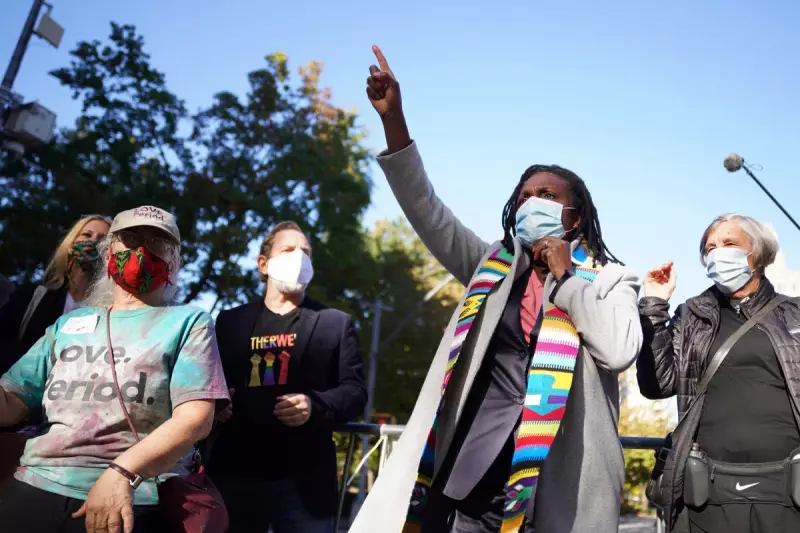
Conservative firebrand Charlie Kirk has ignited a political firestorm with a controversial religious comparison involving Donald Trump. During a recent broadcast, the Turning Point USA founder made the bold claim that the former president is acting as a divine instrument for winning African American support.
A Divine Mission for Political Gain?
Kirk's remarks came during a discussion about Trump's outreach efforts to Black communities. He stated, "I think God is sending Donald Trump to be a vessel to hopefully win over a percentage of Black Americans.
This theological framing of Trump's political strategy immediately drew sharp rebukes from across the religious and political spectrum. Critics were quick to question the appropriateness of equating a political campaign with divine intervention.
Religious Leaders Voice Outrage
The response from clergy members and religious figures was particularly swift. Reverend Dr. Que English, a prominent New York pastor, took to social media to express her dismay, calling Kirk's comments "blasphemous and heretical.
Other religious leaders echoed this sentiment, suggesting that such statements risked trivialising sacred beliefs for political purposes. The controversy highlights the ongoing tension between faith and politics in American discourse.
Historical Context and Political Strategy
Trump's team has been actively working to increase his support among Black voters, a demographic that has traditionally favoured Democratic candidates. Recent polls suggest modest gains, though Kirk's comments threaten to overshadow these efforts.
This incident follows Trump's appearance at a Black conservative gathering in South Carolina, where he made headlines for suggesting his legal troubles made him relatable to marginalised communities.
Broader Implications for the Election
Political analysts suggest that while Kirk's base might appreciate such rhetoric, it could alienate moderate and religious voters who find the comparison inappropriate. The incident raises questions about how religion will feature in the upcoming presidential campaign.
As the 2024 election approaches, both campaigns are likely to continue their outreach to religious communities, though Kirk's comments serve as a cautionary tale about mixing theological language with political strategy.






